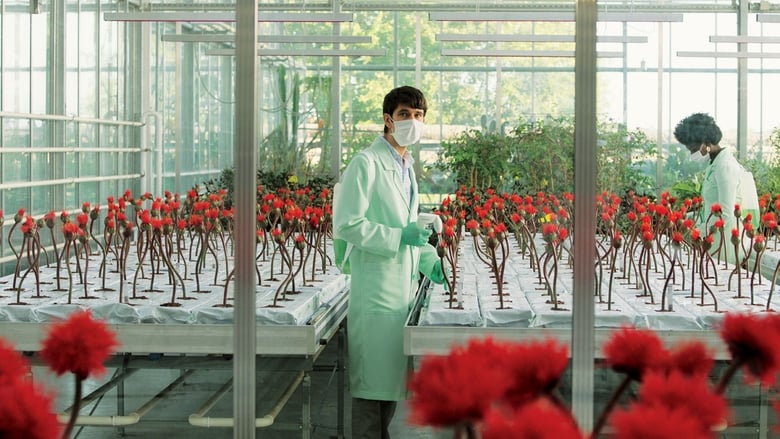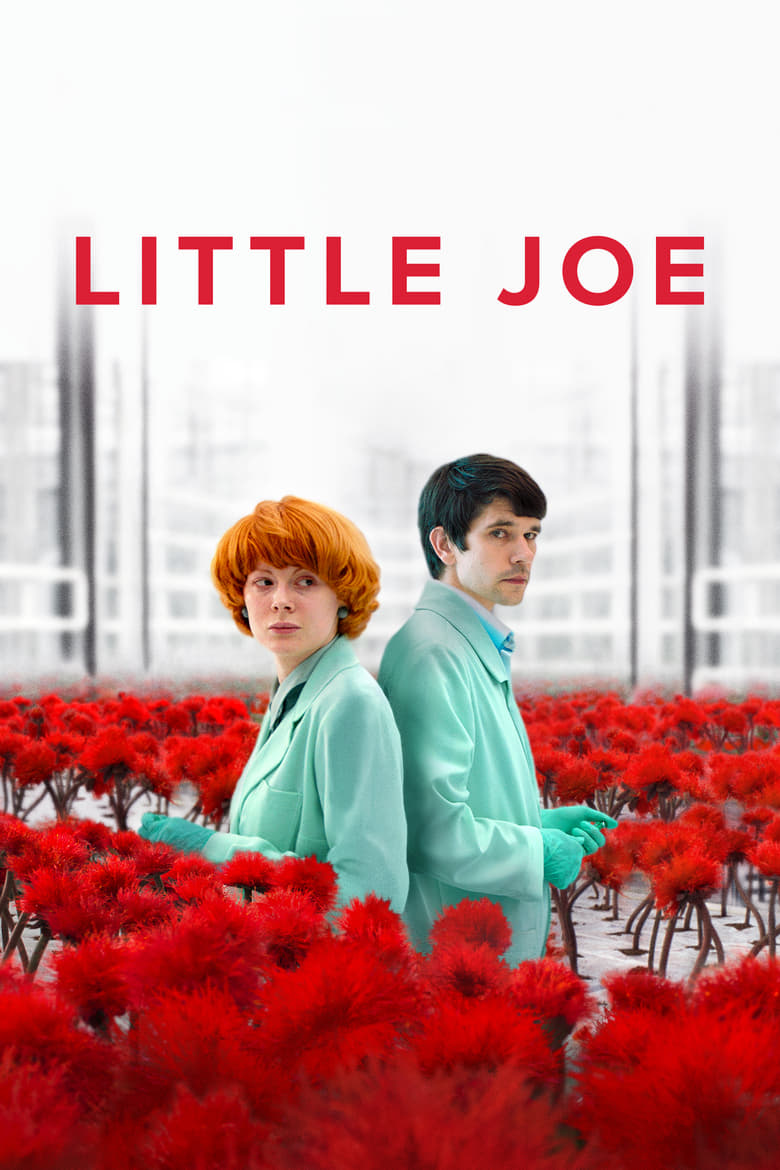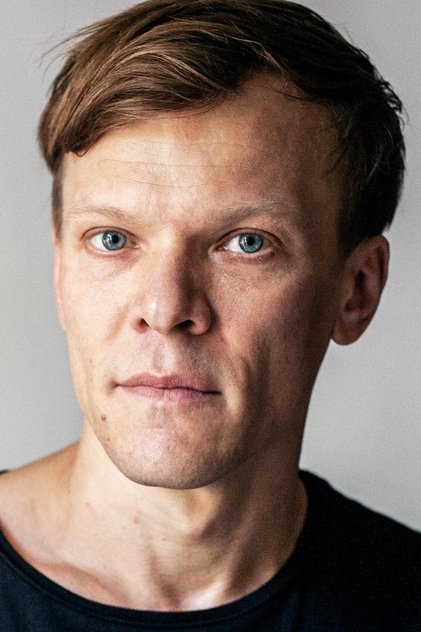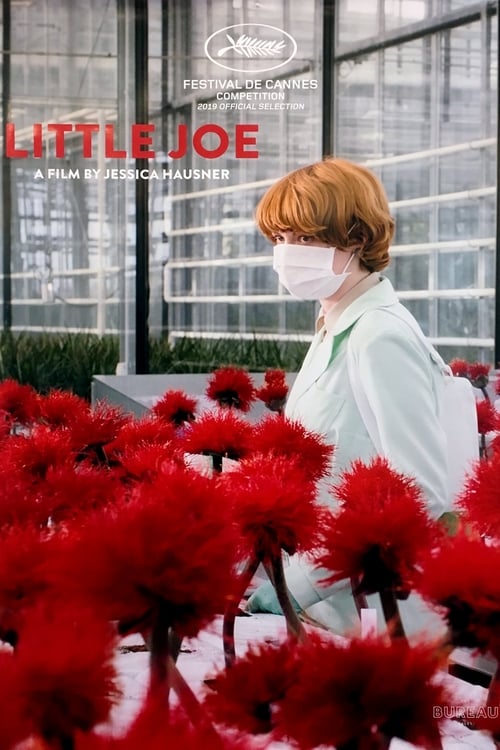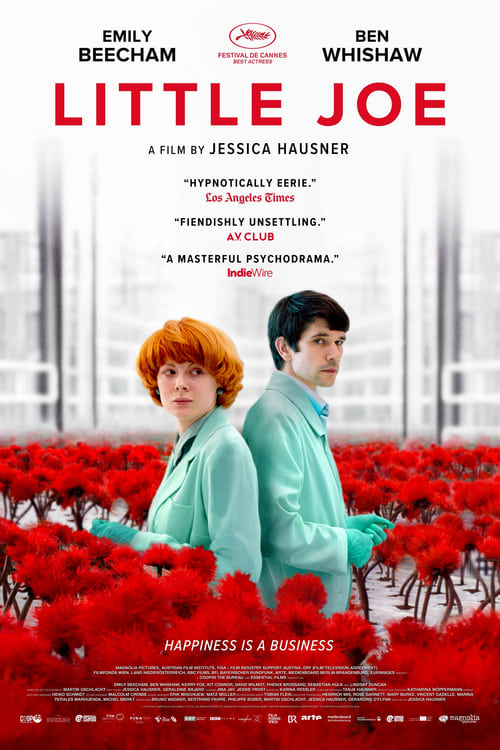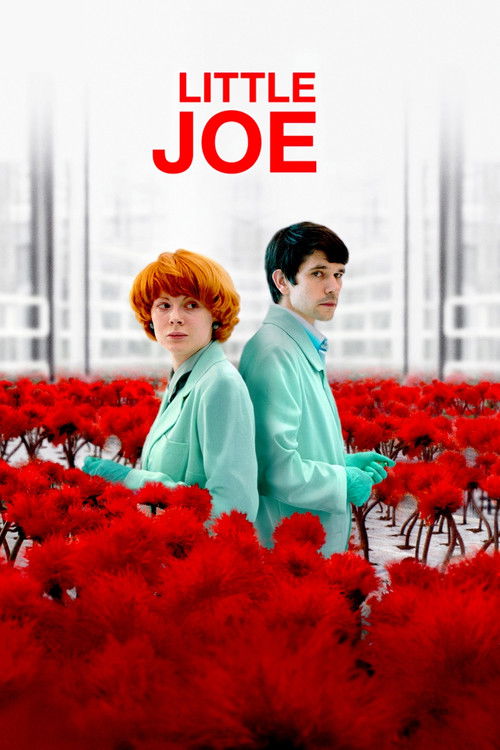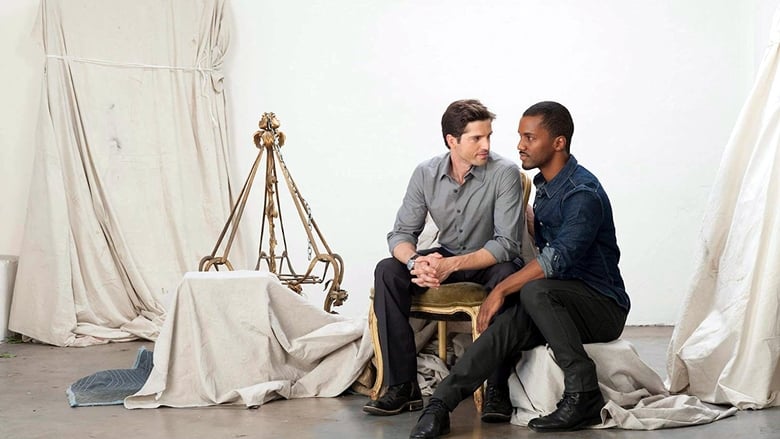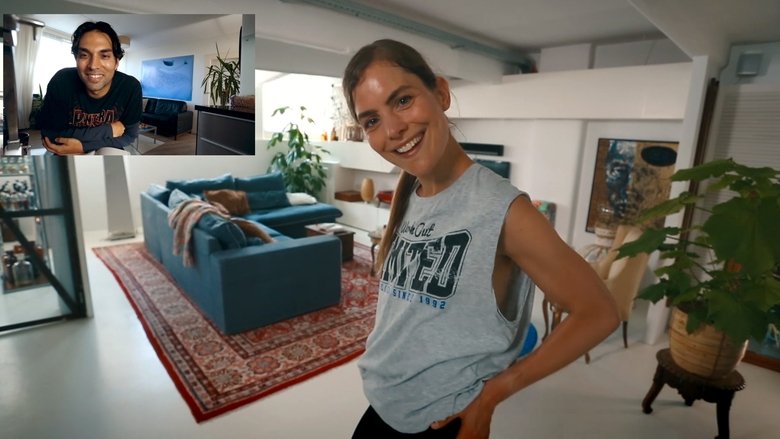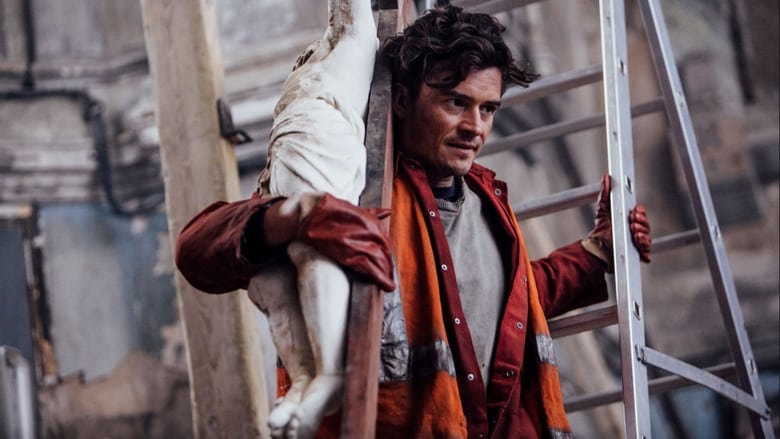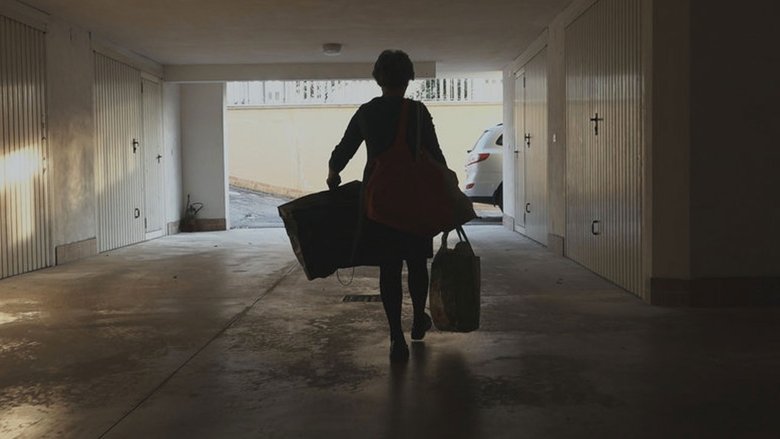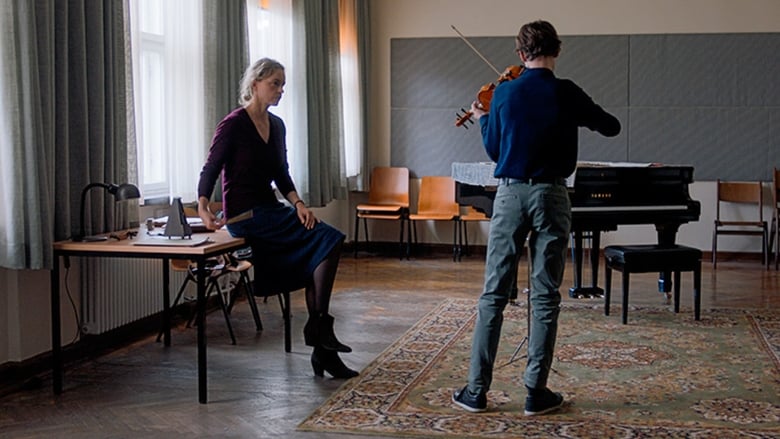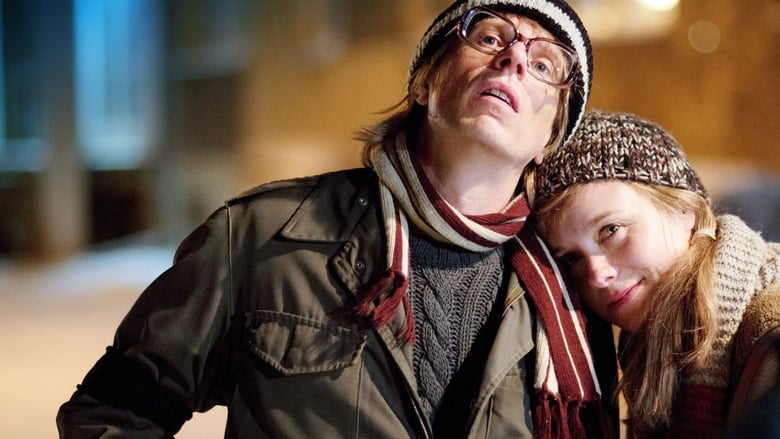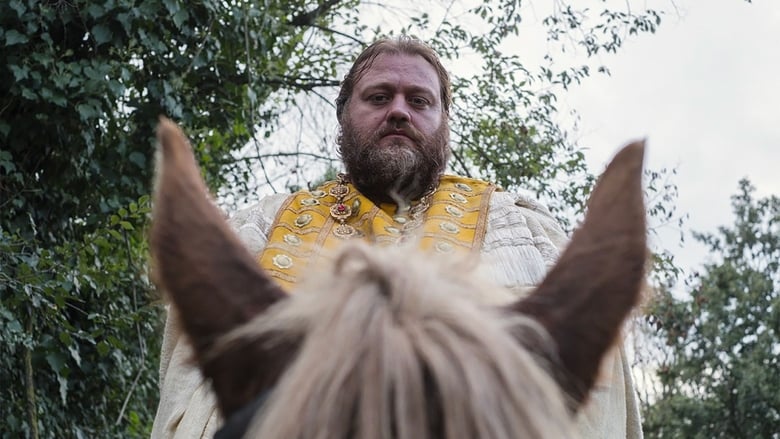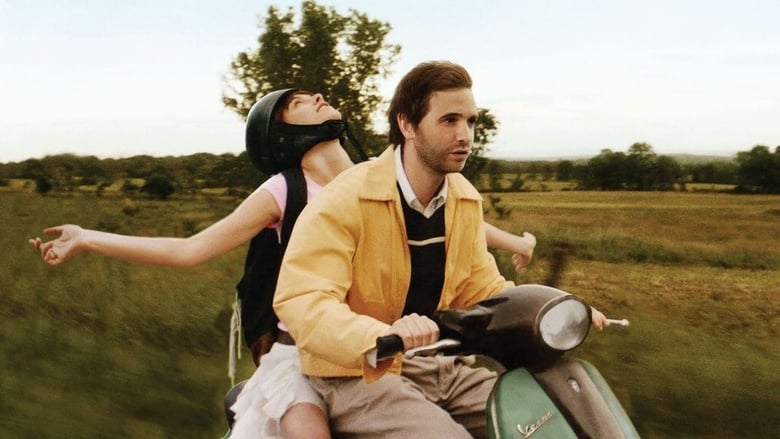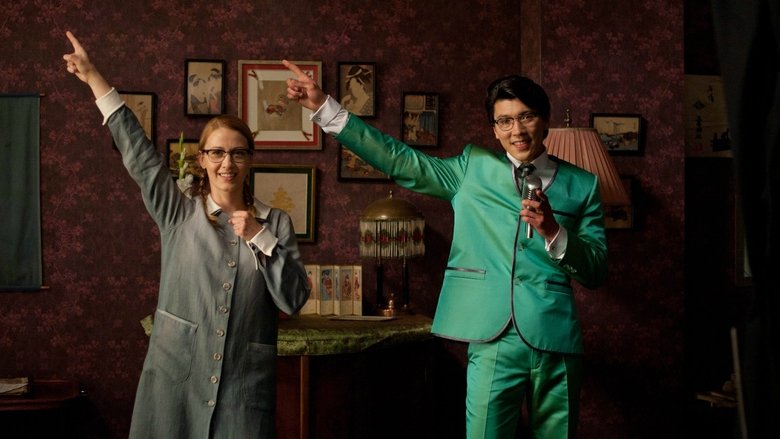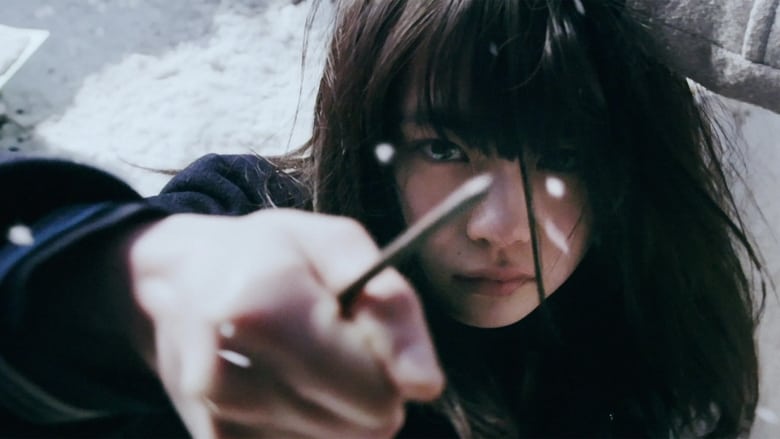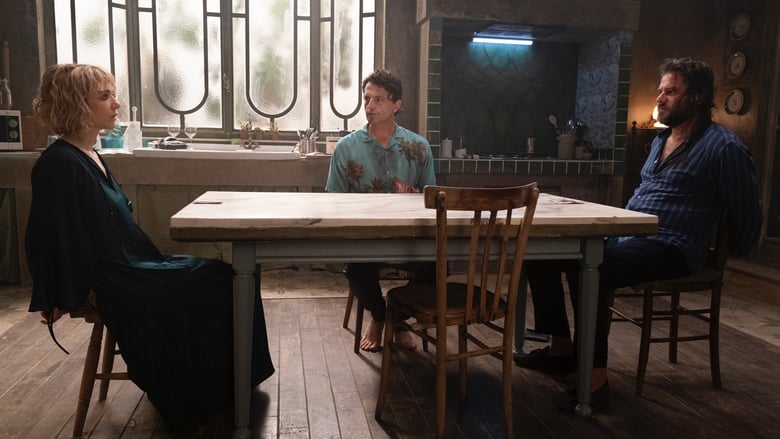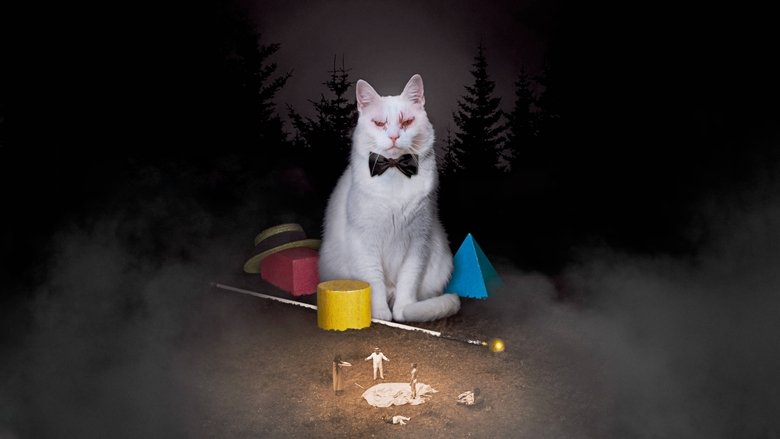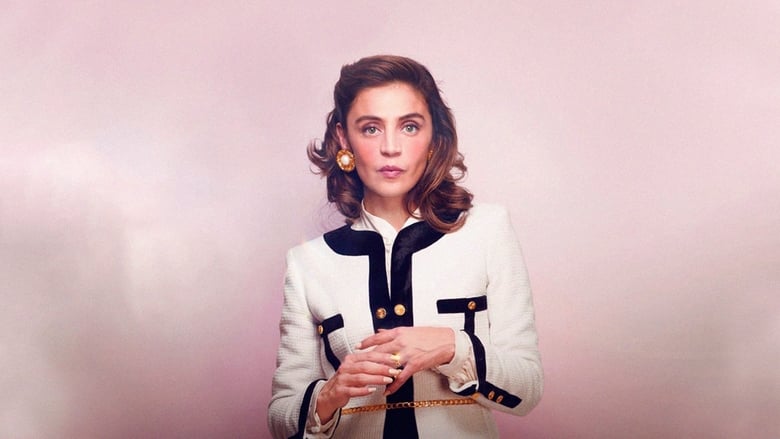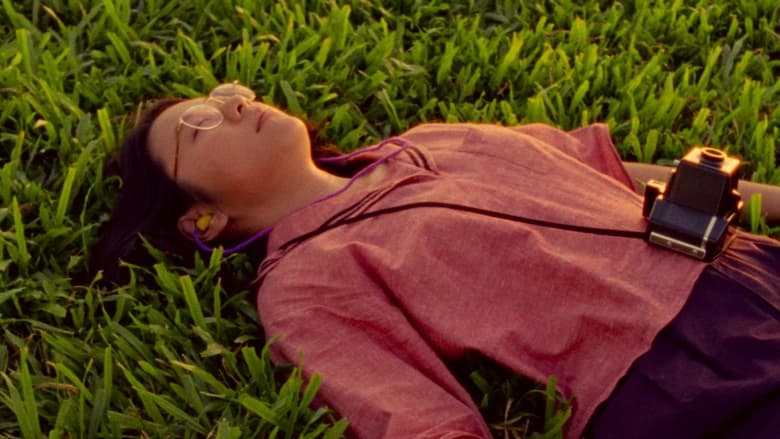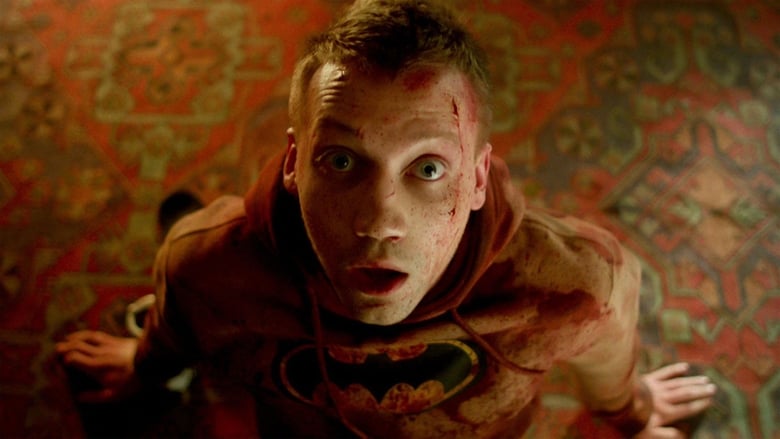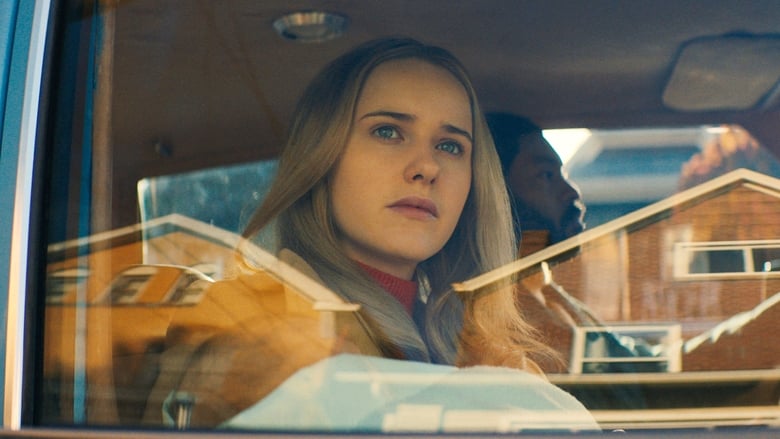A fascinating premise and setup, but the execution is tedious
>
The Capgras Delusion has been known since the turn of the century but has been treated as a curiosity, an anomaly. The standard explanation, which you find in most psychiatry textbooks, is a Freudian one and the idea is something like this: this young man, like most young people, when he was an infant, growing up, he had strong sexual attraction to his mother, the so-called "Freudian Oedipus complex". But then along comes a blow to the head, and suddenly and inexplicably these sexual urges come flaming to the surface, and he finds himself sexually attracted to his mother. And he says, "My God, if this is my mother how come I'm attracted to her? How come I'm aroused? This must be some other strange woman.
"
>
Now this is an ingenious explanation but it doesn't quite work, because I've seen a patient who has the same delusion about his pet dog. He'll look at his pet dog and say, "Doctor, this is not Fifi. It looks just like Fifi, but in fact it's been replaced by another identical dog
". So how does a Freudian explanation account for this, unless you start talking about the inherent bestiality in all human beings or something like that? So what really causes the Capgras Delusion? Well, it turns out that when you look at an object, the message goes to the temporal lobes – to the visual centres in the temporal lobes. But seeing is a multi-level process. After you've recognised it, you also need to respond to the object emotionally. This is obvious when you look at a Picasso or a Rembrandt or any beautiful picture. Even when you look at, say, your mother's face, the appropriate emotional warmth has to be evoked. Or when you look at a lion you have to be afraid. And all of this is part of the visual process, but happening in a different part of the brain.
>
Now, what I've suggested is that what's going on in this patient is the message gets to the temporal lobe cortex, so the patient recognises his mother as being his mother and evokes the appropriate memories. But the message doesn't get to the amygdala, because the fibres going from the temporal cortex to the amygdala into the emotional centres are cut, as a result of the accident. Therefore, there is no emotion. There is no warmth. And he says, "If this is really my mother why is it I'm not experiencing any emotions? There's something not quite right here. Maybe she is some other strange woman pretending to be my mother.
"
"Secrets of the Mind";
NOVA, Ep. #28.13 (October 23, 2001)
We live in an age where so many people work to live and live to work. We live in an age where Big Pharma has worryingly significant control over our lives via the drugs we're prescribed, drugs that so many people need just to make it through the day. We live in an age of genetic engineering and the commodification of well-being. And these are some of the weighty themes tackled in
Little Joe, a clinically detached, aesthetically fascinating pseudo-horror with a killer premise, but questionable execution. Don't get me wrong, I thoroughly enjoyed the first hour or so, relishing the slow pace and methodical build, the gradual accumulation of detail, the anticipatory discomfort at seeing the protagonist pushed further and further into a corner. However, at around the 75 minute mark, I realised that this wasn't a slow build
to something; this slow build
was the something. And with that realisation, it didn't take long for tedium to settle in. I certainly admire the film's thematic complexity and stunning visual and aural design, but, in its totality, it's completely lifeless, the tone rigidly detached and dispassionate no matter what's happening on-screen, like a long sentence spoken in a gratingly monotone voice. It's one of those films I wish I had enjoyed a lot more than I did, but the fact is, I found the last act (which is not especially dissimilar to the previous acts) a real struggle to get through.
In the near future, Alice (Emily Beecham) is a senior plant breeder at Planthouse Biotechnologies, a bioengineering lab that designs new types of flora. As the film begins, she and her colleague Chris (Ben Whishaw) have just unveiled their latest creation – a flower she's named Little Joe, which omits a scent that makes people happy on a biochemical level. Alice has genetically engineered Little Joe to be incapable of reproducing, which will enable Planthouse to maintain complete control when the flower is released to the public. Meanwhile, she must try to balance work with being a single mother to her young son Joe (a superb Kit Connor), after whom she named the flower. In an effort to bridge the two areas of her life, she smuggles a Little Joe out of the lab and gifts it to Joe. Meanwhile, at Planthouse, Bella (an excellent Kerry Fox), who has had mental health problems in the past, is concerned for her support dog, Bello, with whom she's exceptionally close and who comes to work with her each day, but who has started to show signs of aggression. Everyone tells Bella that it's no big deal, but she insists the dog is no longer her dog, that something has changed in him. She soon becomes concerned that this change has been brought about by exposure to Little Joe's pollen. Alice is dismissive until she starts to notice subtle, almost imperceptible, changes in Joe's behaviour as well. Could the pollen somehow be responsible, and if so, to what extent are people being altered, and to what end?
Written by Jessica Hausner and Géraldine Bajard, and directed by Hausner (
Lourdes;
Amour Fou), Little Joe is kind of like an episode of Black Mirror, but focusing on biology rather than technology. Building a general tone of unease rather than relying on traditional horror beats (although there is one jump scare, and it's a good one), the film is built on a foundation of stoicism, and if you've seen any of Hausner's previous films, you'll recognise some of the techniques used in
Little Joe; the stilted, declamatory performances that are a step or two divorced from reality (similar to, although not as idiosyncratic as, the staccato performances in Yorgos Lanthimos's early work); the vaguely defined character motivations; a prominent use of passivity, which sees characters to whom things happen; ambiguity regarding the central storyline – in the excellent
Lourdes, this was manifested in the possibility that Christine (Sylvie Testud) may or may not have been miraculously healed, whereas here, it's whether or not people are
really changing, or is Alice suffering from Capgras Delusion?
The most immediately obvious element of the film is the extraordinary sound design by Erik Mischijew (
Import/Export;
Ich seh ich seh;
Toni Erdmann) and Matz Müller (the
Paradies trilogy;
The Field Guide to Evil;
The Collini Case). Before we see any images, we hear a high-pitched drone, which later becomes a motif that's used multiple times to suggest unease and danger. Important to the sound design is the score, or rather the lack of score. Hausner elected not to have original music composed for the film, but instead to use existing music written by Teiji Ito during the 1970s, which itself is deeply discordant, abrasive, and unsettling and which blends into the sound design. On top of all this, Mischijew and Müller frequently use the sounds of screeching metal, rustling, screams, and, bizarrely, dogs barking. It's all wonderfully chaotic, defamiliarising, and unnerving.
The other aesthetic element that really pops is the cinematography, specifically how the camera moves. Director of photography Martin Gschlacht (
Ravanche;
Im keller;
Alpha) often shots scenes as if he's capturing images for a diorama – long, slow pans from left to right and right to left that often start and finish with the characters not in the frame. Equally as interesting is that on two occasions, he shoots a conversation by very slowly tracking in between the participants – one character is screen-left, the other is screen-right, both on the edge of the frame, and Gschlacht tracks in between them to the point where they're no longer on screen.
Thematically, there's a fair bit going on in
Little Joe. Obviously, concerns pertaining to genetic engineering are front and centre, and in one respect, it's a cautionary pseudo-
Frankenstein tale, a story of how playing God can go wrong. Another theme is the work/home divide. Alice is more focused on her job than her home – one of the first things we hear Joe say to her is, "
all you can see are your flowers" – and her decision to bring a Little Joe home is a rather ridiculous attempt to redress the balance; her attempt to (re)integrate the two areas of her life.
The film also looks at what could be called "cognitive zombification" – those who Alice suspects are infected by Little Joe act just normal enough for people who don't know them to perceive nothing wrong, but just abnormal enough for the rest of us to see that something is not quite right; it's as if there's a slight phase differential between how they act and how everyone else acts. Symbolically, this represents the idea that if happiness could be made tangible and commodified, rather than such knowledge being used for the betterment of mankind, it would instead be a tool for control – a narcotic for addicts who don't even know they're addicted. Think about it – if you created something that could make people fundamentally happy, think of the power you'd wield if you took that thing away, and only you could restore it; "
sure, I'll let you experience that bliss again, all you have to do is everything I say". In an age when happiness as an abstract concept is being distilled into the evermore tangible (think of people whose happiness rests almost entirely on getting likes on social media),
Little Joe posits a scenario where the abstract is made completely literal.
However, it's also concerning the issue of people's happiness that we can see one of the film's biggest problems. Whilst the idea that most people would be willing to take fake happiness over real discontent is a compelling one (and almost certainly an accurate one), on more than one occasion, Hausner equates such happiness with the use of anti-depressants. There are multiple references to Bella not being the same since she started taking medication, and the film seems to say that the use of pharmaceuticals to get through the day is akin to people being somehow less than their "real" selves. That this is a naïve view hardly needs explaining; one need only mention people who suffer from depression or those with chronic pain – such people
cannot function without their medication, which they need as much as someone with diabetes needs insulin or someone with a heart condition needs nitroglycerin. So to suggest that they are somehow being zombified is not only inaccurate, it's dangerous, the kind of crap that Scientology and Tom Cruise yammer on about.
On a slightly different point, I'm not sure that the depiction of Alice's difficulty in finding a balance between home and work, and the suggestion that she has only achieved professional success by neglecting her child, will go down very well with the tens of thousands of professional women who are also single mothers, and who have managed to climb the ladder of success and be there for their children. And, as I've already outlined, the film's pacing becomes a real issue in the last act, when you realise Hausner has little interest in building to anything even mildly resembling a traditional
dénouement.
Little Joe has a lot going for it – an intriguing premise, a great cast, a gorgeous visual design, a superb aural design, a thematic complexity – but it all matters little when the narrative is so tediously self-important and plodding, with a message about pharmaceuticals that's well-intentioned and partially accurate, but also misguided at best and offensive at worst. More an existential thriller than the horror movie as which it's been marketed, I do hope the film opens doors for Hausner, who's clearly a talented filmmaker. But as an individual exercise, it just didn't work for me. Lacking the subtle ambiguity of
Lourdes, the bombast of a straightforward horror, the esoteric coherence of a good satire, and the narrative drive of a thriller,
Little Joe kind of ends up somewhere awkwardly in between.
